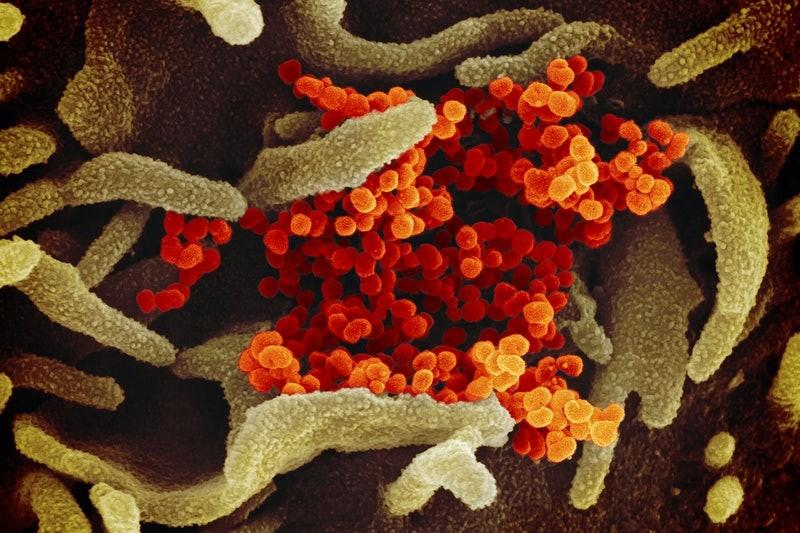COVID-19 has affected many people in many ways and is likely to affect children in different ways too. One example is by affecting child development due to disrupting their normal relationships with caregivers.
Research is being done to further understand the effects. One form of research is understanding how children’s development has changed since children have been home from school with their parents, who are also working from home.
“We do know that for some children, the pandemic is increasing academic achievement gaps that are based on family socioeconomic status,” according to Melissa Barnett, an associate professor of Family Studies and Human Development and the interim director of the Frances McClelland Institute, in an email interview. “Children whose families do not have good internet access, a reliable computer, or an adult to help with schoolwork are probably falling behind their peers who have those resources.”
RELATED: Pools in a pandemic: ‘Extra precautions’ needed to reopen
Factors include financial problems, limited internet access and limited supplies. Due to financial problems, some families are struggling to afford necessities, and parents that do work may be having difficulty finding childcare. These factors can cause stress for both parents and children.
In homes where children may not have a good relationship with their caregivers, school was essential for them to get help in situations where abuse may have been happening. It is often teachers who see signs of abuse and get help for the children who need it.
There has been a rise in child abuse cases since COVID-19 started. It is believed that cases have gone up because of caregivers experiencing stress and depression.
COVID-19 has also affected children because some children get their meals from schools. Since schools are closed down, a lot of kids aren’t getting the meals they need.
Children can also be missing out on interacting with their peers in social situations, which can lead to loneliness and depression. On the other hand, this experience can bring families closer together because of the amount of time they are spending together.
Communication with children is critical during this time.
“The exact conversation depends on the age of the child, but caregivers should have conversations with their children about what is happening,” Barnett said.
RELATED: COVID-19 testing capacity increases with antigen test
Caregivers should also discuss with their children how they may be feeling stressed or anxious. Many children have reported a deterioration in their mental health since COVID-19 began. Establishing routines is critical for everyone’s wellbeing — communication is important for everyone’s mental health.
Caregivers may not be aware of certain resources such as emergency childcare, distance learning and grab-and-go meals. These resources help with providing meals and giving students a better learning experience from home. There are also food banks and free online learning opportunities.
During COVID-19, it is important for caregivers to be aware of resources in the community to help with their situation. The American Academy of Pediatrics has resources for families and Sesame Street has developed resources for parents of young children.
Follow Jillian Bartsch on Twitter









